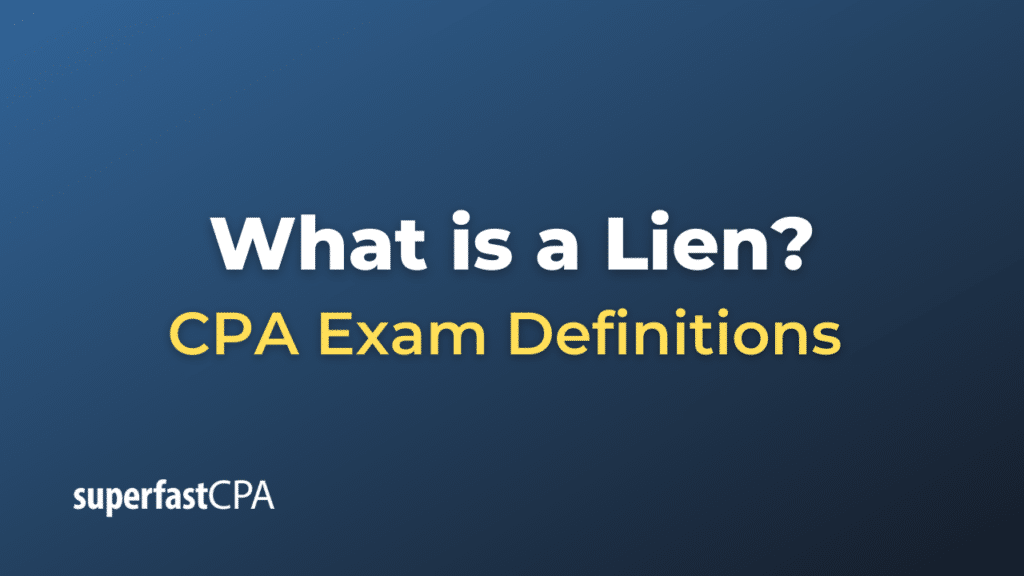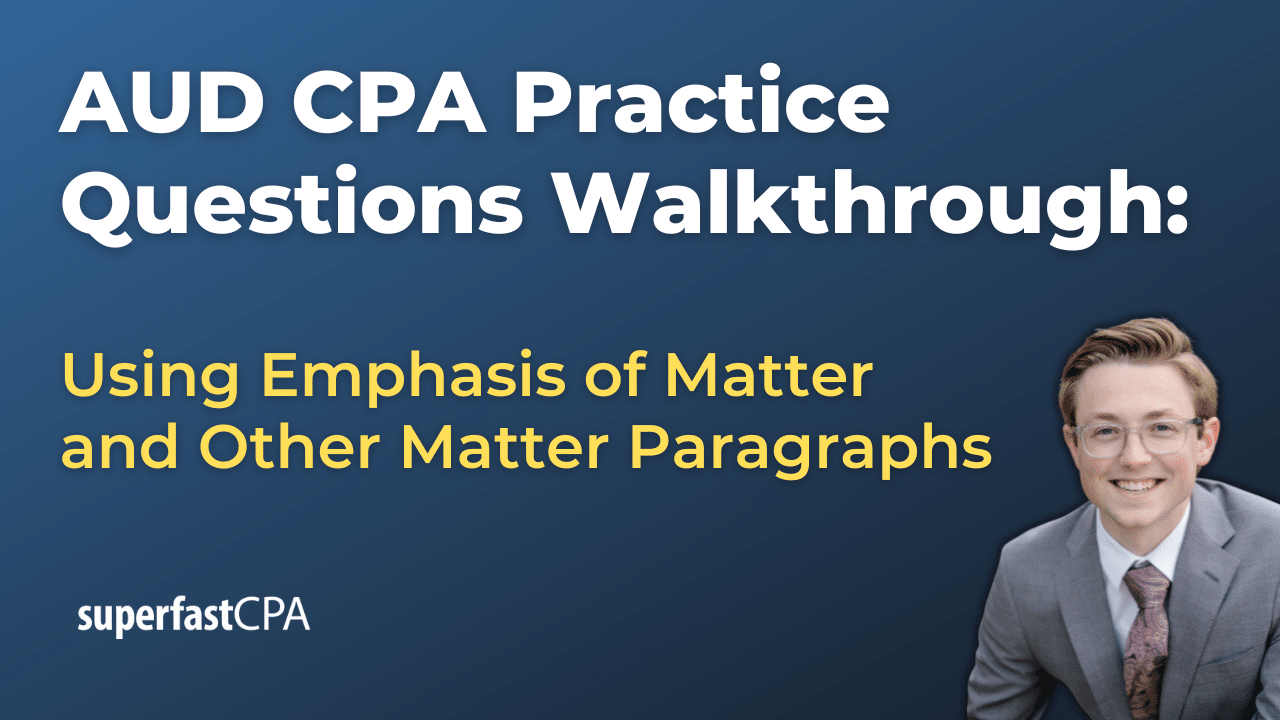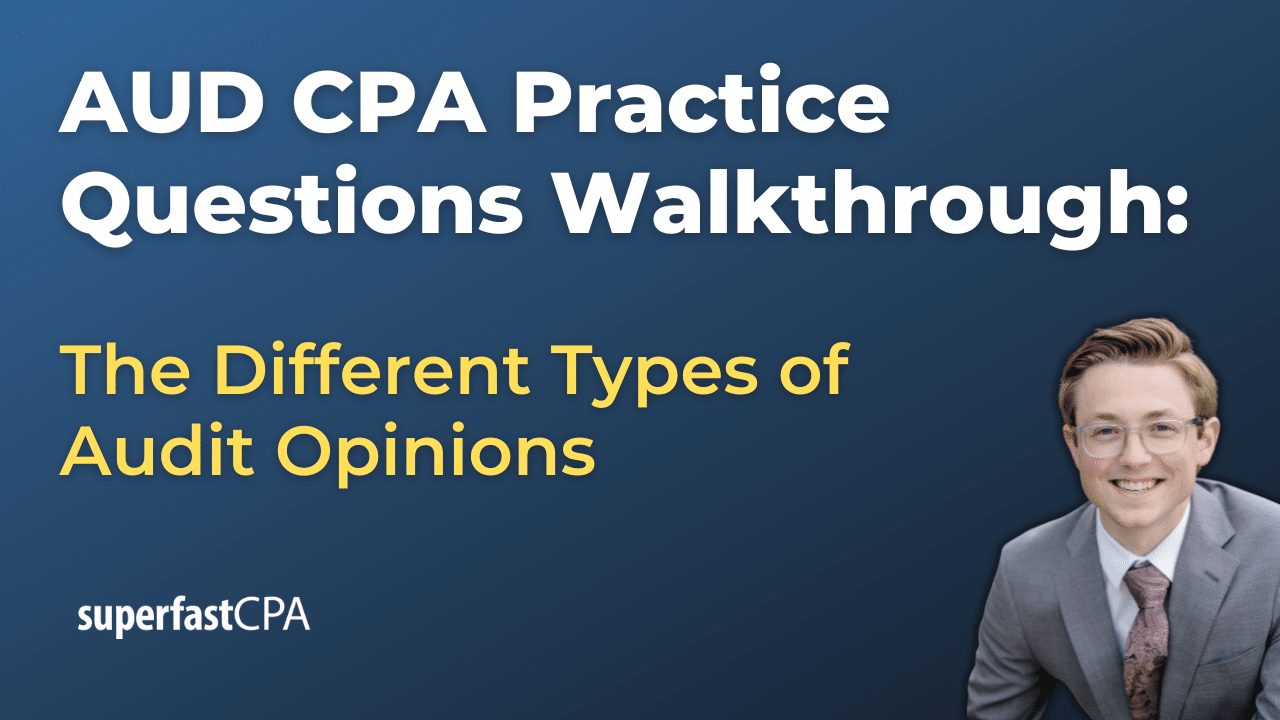Lien
A lien is a legal claim or right against property or assets that allows a person or organization to obtain access to the property if debts or obligations are not met. In other words, it’s a form of security interest granted over an item of property to secure the payment of a debt or performance of some other obligation.
The person or organization that has the lien can usually sell the property to recover the money owed if the debt is not paid as agreed. Liens are often part of the terms of a loan agreement, but they can also result from court judgments, taxes owed, or unpaid contractors or mechanics.
Here are a few types of common liens:
- Mortgage Liens: When a person borrows money to buy a house, the house itself serves as the collateral for the loan. If the homeowner doesn’t make the agreed-upon mortgage payments, the lender can foreclose on the property and sell it to recover the money owed.
- Mechanic’s Liens: These are often used by contractors or subcontractors who perform work on a property but are not paid. They can place a lien on the property, and if the owner doesn’t pay, they can force the sale of the property to recover their money.
- Tax Liens: If a person or business fails to pay their taxes, the government can place a lien on their property. The government can then sell the property to pay off the tax debt.
The specific rules and procedures for liens can vary significantly depending on the jurisdiction and the type of debt involved.
Example of a Lien
Let’s consider a few scenarios to illustrate how liens work:
- Mortgage Lien Example: Bob wants to buy a house that costs $300,000. He doesn’t have the full amount in cash, so he gets a mortgage loan from his bank. The bank gives Bob the 0,000 to pay for the house, and in return, Bob agrees to pay back the loan with interest over a set period of time. In this case, the bank places a mortgage lien on Bob’s house. This means that if Bob fails to make his mortgage payments as agreed, the bank has the right to take possession of his house through a process known as foreclosure. The bank can then sell the house to recover the money Bob owes.
- Mechanic’s Lien Example: Let’s say Alice hires a contractor to renovate her kitchen. The contractor does the work, but Alice refuses to pay the $20,000 bill. In many places, the contractor has the right to place a mechanic’s lien on Alice’s property. If Alice still doesn’t pay, the contractor can go to court to enforce the lien. If the court upholds the lien, Alice’s house can be sold to pay the contractor the money she owes him.
- Tax Lien Example: Imagine a small business that falls behind on its tax payments. The government can place a tax lien on the business’s property. If the business fails to pay its tax debt, the government can enforce the lien and sell the business’s property to recover the money owed.
In each of these examples, the lien gives the creditor the right to take and sell the debtor’s property if the debt isn’t paid. The specifics of how and when this can happen can vary greatly depending on local laws and the terms of any contracts involved.














